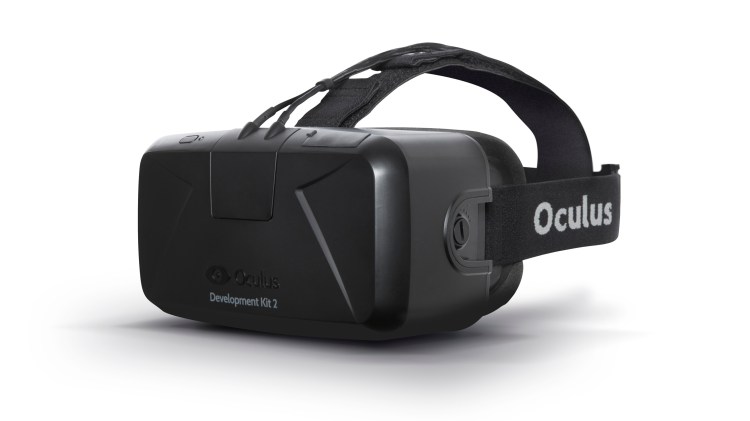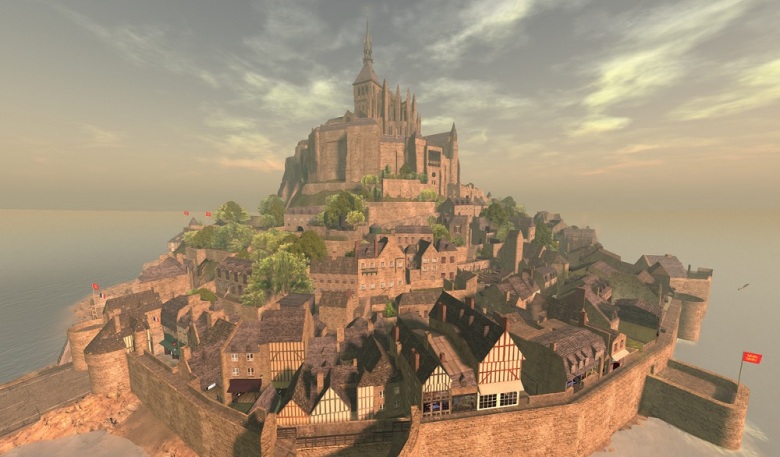GamesBeat: What about virtual goods? I’m always curious about the question of who really owns them. There was a lot of talk back when about Second Life and virtual worlds.
Offner: I don’t think we have clear case law or regulation in that area, but I would need to go and look at the statutes and the cases and get back to you on that. I don’t think there’s been a tremendous amount of judicial decisions or legislation that’s said, “A virtual good is owned by the end user.” We’re still functioning somewhat in a world where the companies, to a degree, own and control the virtual items through their terms of service and end-user license agreements.
GamesBeat: The free-to-play model has been very good for monetization in the games space, especially in mobile and online. Do you foresee any issues with that model in particular? One of the premises of free-to-play in the developing world was that it was going to reduce piracy, but do you see that that has actually happened for any of your clients?
Offner: The free-to-play model, as you correctly point out, to a degree comes out of Asia where things are primarily server-based. They’re free to try and you get people to bite. When you have a server-based game, you control who, on the client side, has access to it. You can turn them on and off. So yes, it does address piracy.
I’m not sure that free-to-play is going to dominate gaming the way everybody thought it would, though. If you look at Steam as an alternative, you’ll see a lot of games – like Nether, one I invested in – where people are able to buy the game and enjoy it and play through 30 or 40 or 100 hours of gameplay or whatever it is. They’re perfectly happy to pay up front, whether it’s $30 or $25 or $15 or $3, to be able to get a great game and enjoy it on their PC without having to constantly pay to play. I’m not sold that free-to-play is going to be the only business model or the dominant game model out there in the digital space. There will be lots of others along the lines I just laid out.
GamesBeat: What is your most complicated legal issue right now? What would happen, say, if somebody bought a pirated virtual good using Bitcoins or something like that?
Offner: The legal side of things is always challenging, but it’s solvable. It’s the people that always make things challenging. It could be the people on the other side of the deal. It could be the people that are suing your company. It could be what the people at your own company want to do. People, in my business, are always the hard thing to work through.
The legal side is never easy, never simple, but you can always figure it out. Bitcoin is fascinating and we’ll see how that emerges, hopefully, as a legitimate currency. The essence of who owns what in virtual goods is an unsettled legal question. As things like the Oculus Rift come online and we see this Snow Crash kind of world — Who owns the virtual house that was paid for with Bitcoin? Is it the platform provider, the server, the person who created it? Is the currency legitimate? Those are all fascinating questions that will have to get sorted out. But having to deal with the personalities involved behind those questions will be much harder.
GamesBeat: Since you’re also thinking about investing more, what’s your feeling about whether there’s some kind of bubble going on? Do you see the flow of capital into the games industry going in any particular directions?
Offner: I think we’re the beneficiaries of a real bull market. A lot of companies have had great exits, either selling to an acquirer like Facebook or going public, so the VCs have cash. Things are much more frothy than a year and half or two years ago when we did the first Oculus round. People are getting higher valuations. Companies are getting better discounts on promissory notes. It’s a good time to be an entrepreneur.
Do I think we’ve hit the bubble stage? It’s anybody’s guess. Do I think that things are much frothier than when I left Loeb two years ago? Absolutely.


